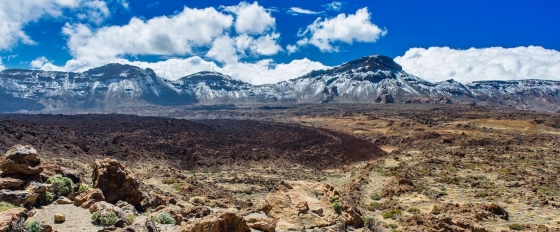Sardalla Weather and Climate: A Comprehensive Guide
Temperatures see a moderate degree of fluctuation,
transitioning from warm conditions
to mild.
It also has a relatively rainy climate with high levels of precipitation.
Now, let’s break down all the climate details for a clearer picture.
Average maximum day and minimum night temperature
In Sardalla, seasonal changes bring about a moderate variation in temperatures. On average, daytime temperatures range from a comfortable 23°C in August to a moderate 12°C in February.
Nighttime temperatures can drop, with average lows reaching 7°C in February.Check out our detailed temperature page for more information.
Temperature ranges by month
Precipitation and rainy days
Sardalla is known for its substantial rainfall, with annual precipitation reaching 1466 mm. The amount of precipitation varies moderately throughout the year. The wettest month, November, sees around 167 mm of rainfall, perfect for those who enjoy a bit of rain now and then. The driest month, July, still receives a respectable 86 mm of rainfall.
The mean monthly precipitation over the year, including rain, hail and snow
Sunshine over the year
In Sardalla, summer days are longer and more sunny, with daily sunshine hours peaking at 7.5 hours in July. As the darker season arrives, the brightness of the sun becomes less. December sees a soft sun for only 3.7 hours per average day.
Visit our detailed sunshine hours page for more information.
Monthly hours of sunshine
Daily hours of sunshine
Forecast for Sardalla



Select a Month of Interest
Check the conditions for any month of the year.
The best time of year to visit Sardalla in Spain
During the months of June, July, August and September you are most likely to experience good weather with pleasant average temperatures that fall between 20°C and 26°C.Other facts from our historical weather data:
August has an average maximum temperature of 23°C and is the warmest month of the year.
The coldest month is February with an average maximum temperature of 12°C.
November tops the wettest month list with 167 mm of rainfall.
July is the driest month with 86 mm of precipitation.
July is the sunniest month with an average of 224 hours of sunshine.
No idea where to travel to this year? We have a tool that recommends destinations based on your ideal conditions. Find out where to go with our weather planner.



